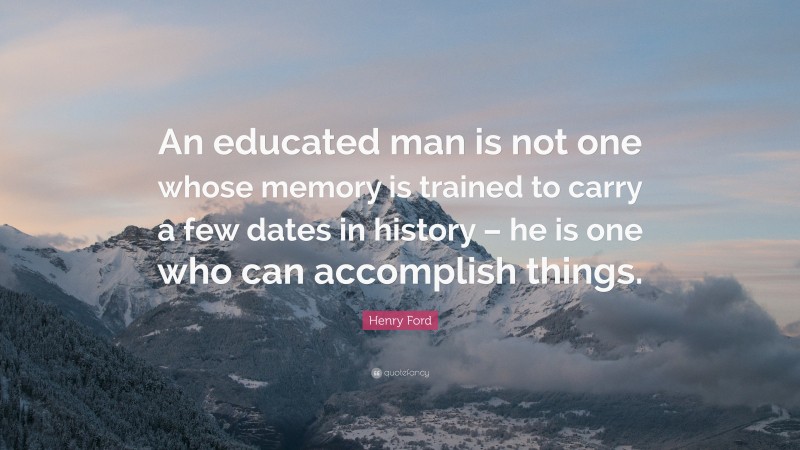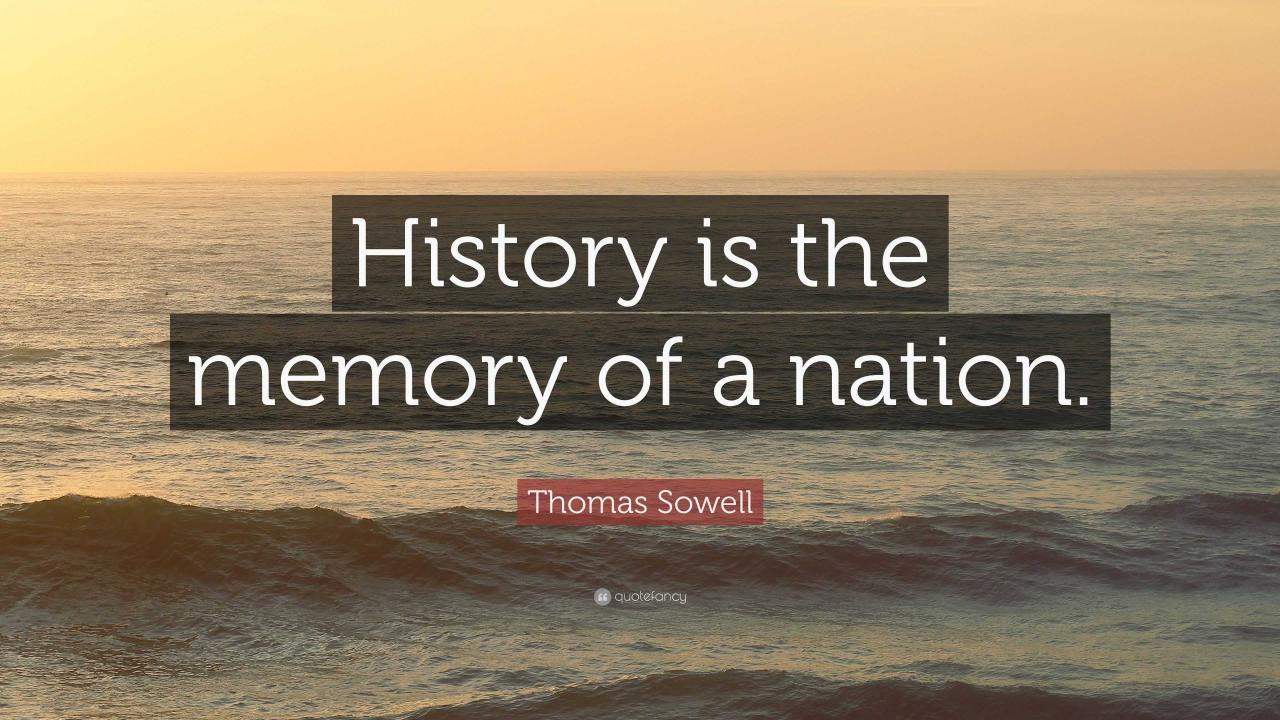Museums That Keep the Nation’s Memory Alive take us on a captivating journey through the rich tapestry of human history. These institutions serve as guardians of our cultural heritage, preserving artifacts and stories that define who we are as a society. By exploring the intricacies of various anthropological perspectives, we uncover the significance of these museums not only in showcasing our past but also in shaping our collective identity.
From the role of cultural anthropology in understanding diverse societies to the contributions of archaeological discoveries that reveal our origins, museums play an essential part in the ongoing dialogue about human existence. They encourage us to engage with our history and reflect on the lessons learned, all while inspiring future generations to appreciate the complexities of the world around them.
Welcome to the fascinating world of anthropology! If you have ever found yourself wondering about the diverse customs, beliefs, and practices that shape human life across the globe, you are in the right place. Through this blog post, we will embark on an anthropological adventure that dives deep into the richness of human culture, exploring how our past influences our present and future.
What is Anthropology?
At its core, anthropology is the study of humans—our societies, practices, languages, and how we relate to one another. It is a discipline that encompasses various subfields: cultural anthropology, archaeology, linguistic anthropology, and physical anthropology. Each of these areas offers unique insights into what it means to be human.
Cultural anthropologists focus on the social and cultural aspects of human life. They immerse themselves in different communities, observing and participating in daily activities to understand the values, rituals, and social structures that define those groups. Archaeologists, on the other hand, dig into the past, unearthing artifacts and remnants of ancient civilizations to piece together historical narratives. Linguistic anthropologists examine the intricacies of language and communication, revealing how language shapes our thoughts and social interactions. Lastly, physical anthropologists study human evolution and biological diversity, providing insights into our physical development over time.
The Importance of Cultural Understanding
In an increasingly globalized world, understanding cultural differences is more important than ever. The variety of cultural practices and beliefs can lead to misunderstandings and conflict, but it can also enrich our lives and deepen our connections with others. By studying anthropology, we gain tools to navigate these complexities with empathy and respect.

Take, for instance, the concept of cultural relativism. This principle encourages us to view cultural practices from the perspective of the people who engage in them, rather than judging them through the lens of our own cultural norms. This approach fosters a sense of respect and appreciation for the diversity of human experience. By understanding the cultural contexts behind different customs, we can cultivate more meaningful interactions with others.
Fieldwork: The Heart of Anthropology
One of the defining features of anthropology is its emphasis on fieldwork. Anthropologists often spend extended periods living in the communities they study, engaging with locals, and participating in their daily lives. This immersive approach allows researchers to gather first-hand accounts and experiences, which enrich their understanding of the culture. Fieldwork can be both rewarding and challenging—navigating language barriers, cultural differences, and ethical considerations are all part of the anthropologist’s journey.

For example, consider an anthropologist studying the rituals of a remote tribe. By participating in their ceremonies and observing their practices, the researcher gains valuable insights that would be impossible to obtain through second-hand accounts or written records. This method not only deepens the anthropologist’s understanding but also fosters a sense of trust and rapport with the community.
Case Study: The Maasai of East Africa
To illustrate the richness of anthropology, let’s take a closer look at the Maasai people of East Africa. Renowned for their distinctive customs and vibrant attire, the Maasai are a semi-nomadic pastoralist community primarily found in Kenya and Tanzania. They have a deep connection to their cattle, which are central to their culture, economy, and identity.
Anthropologists studying the Maasai have documented their practices, beliefs, and social structures. For instance, the Maasai have a unique system of age-sets, which dictates social roles and responsibilities. As individuals progress through life, they move through different age categories, each associated with specific duties and privileges. This age-set system fosters a strong sense of community and belonging, ensuring that individuals work together for the collective good.
Moreover, the Maasai are known for their intricate beadwork, which carries social significance. The colors and patterns of beads convey messages about identity, status, and life events. By understanding these cultural markers, anthropologists can appreciate the depth of meaning embedded in Maasai art. This insight allows for a more nuanced perspective on how art functions within different societies, transforming our appreciation for creativity and expression across cultures.
Challenges and Ethical Considerations: Museums That Keep The Nation’s Memory Alive
While anthropology can be incredibly rewarding, it also comes with its challenges and ethical considerations. Anthropologists must navigate the delicate balance between observing and participating in a culture without imposing their values or disrupting local traditions. Respect for the communities they study is paramount, and ethical guidelines have been established to ensure that research is conducted responsibly.
For example, informed consent is crucial in fieldwork. Anthropologists must ensure that community members understand the purpose of the research and how their contributions will be used. This transparency fosters trust and allows for a more collaborative approach to research. Additionally, anthropologists are increasingly recognizing the importance of giving back to the communities they study, whether through sharing findings, providing resources, or supporting local initiatives.
The Future of Anthropology
As we look toward the future, anthropology continues to evolve in response to global changes. The rise of digital technology and social media has transformed how cultures interact and share information. Anthropologists are now exploring these new dynamics, studying how online platforms shape social relationships, identity, and cultural expression.
Furthermore, as issues such as climate change, migration, and social inequality become more pressing, anthropologists are increasingly focused on applying their findings to address real-world challenges. By engaging with communities and advocating for social justice, anthropologists can play a vital role in shaping a more equitable and sustainable future.
Conclusion
In conclusion, anthropology offers us a unique lens through which to explore the complexities of human culture. By understanding our past and appreciating the diversity of practices and beliefs, we can foster empathy and build connections across cultures. So, whether you are a budding anthropologist or simply curious about the world, I invite you to join me on this journey of discovery. Let’s continue to explore, learn, and celebrate the rich tapestry of human life together!
FAQ Summary
What types of artifacts are typically found in museums?
Museums house a variety of artifacts, including historical documents, cultural items, art, tools, and everyday objects that represent the life and practices of different societies.
How do museums contribute to education?
Museums offer educational programs, workshops, and exhibitions that provide insights into history and culture, fostering a deeper understanding among visitors of all ages.
Are there any virtual museums available for exploration?
Yes, many museums now offer virtual tours and online exhibits, allowing people to explore their collections from anywhere in the world.
What role do volunteers play in museums?
Volunteers often assist with various tasks, including guiding tours, organizing events, and helping with educational programs, making them an invaluable part of museum operations.
How can I support my local museum?
You can support your local museum by visiting, donating, becoming a member, or participating in volunteer opportunities and community events.
Tinggalkan Balasan